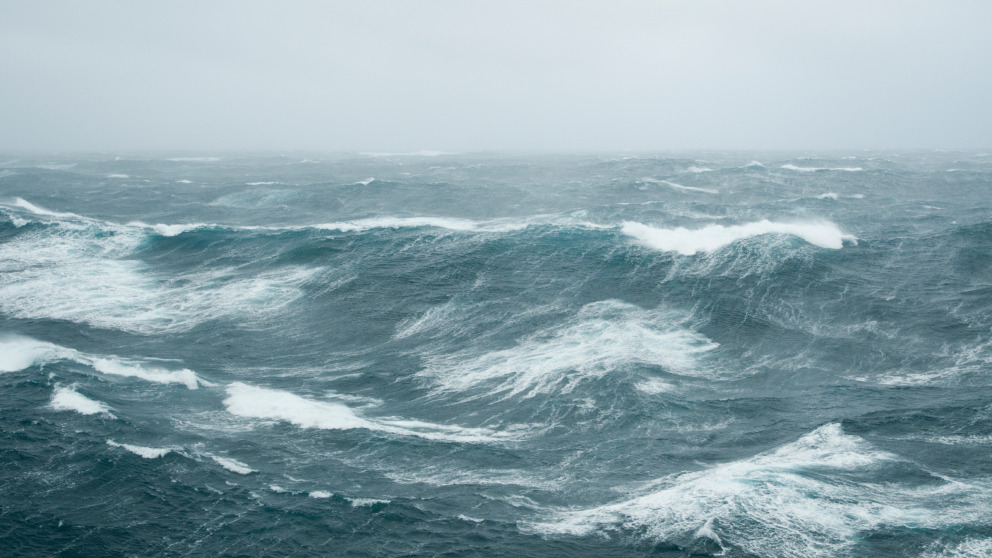Headline:
Climate Change and the Oceans: Panel Event Addresses Challenges for International Law and Policy

The global ocean is at the front line of climate change. The ocean – by virtue of its absorptive and buffering capacities – has played a pivotal role in reducing the impacts of growing carbon dioxide emissions largely from land. However, these benefits have come at a high cost to the marine environment from the ‘deadly trio’ of ocean warming, acidification and deoxygenation. This problem also has a human face in the light of the importance of oceans for supporting human health, societies and their economies. The livelihoods and security of developing countries and small island developing states are likely to be disproportionately affected by climate change and ocean acidification.
There is a fundamental incongruity at the science-policy interface. Scientists understand that the climate and the oceans function as a tightly integrated system. Yet international law and policy for the protection of the marine environment and atmosphere are fragmentary and uncoordinated. At a recent panel event at the end of August in Berlin organised jointly by the IASS and the International Union for Conservation of Nature (IUCN) in partnership with the European Maritime Week, distinguished scientists and legal scholars gathered in Berlin to discuss how to address the present oceans-climate divide: what kinds of actions can be taken to catalyse the changes that are urgently needed to address this gap in global governance?
Responsible management of marine habitats and species to reduce local pressures from overfishing, pollution, eutrophication, dredging, and resource development and extraction can make them more resilient to the global impacts of climate change and acidification. The international community is currently considering a package of measures, including providing for the designation of marine protected areas (MPAs), through a new implementing agreement under UNCLOS to strengthen ocean governance for marine areas beyond national jurisdiction, the largest global commons.
However, building resilience and reducing overexploitation on the marine environmental protection side is not a substitute for addressing the root cause of the problem, which lies in the hands of those who can secure significant reductions of carbon dioxide emissions. Prof. Hans-Otto Pörtner from the Alfred Wegener Institute, the coordinating lead author of the new chapter on oceans ecosystems in the latest IPCC assessment report, concluded his presentation with a sobering message: with unabated climate change, we face increasing risks for most ocean systems, and our adaptation capacity to reduce these risks is very limited. It was emphasised in the discussions that climate negotiators are not unaware of the impacts of global warming on the marine environment. Although their outcome is far from clear, international negotiations leading to the adoption of a new legally binding instrument under the UNFCCC present a window of opportunity for coming to grips with the potentially devastating impacts of carbon dioxide on the marine environment and on human health and well-being around the globe.
Photo: (c) istock
Presentations:
Video:
